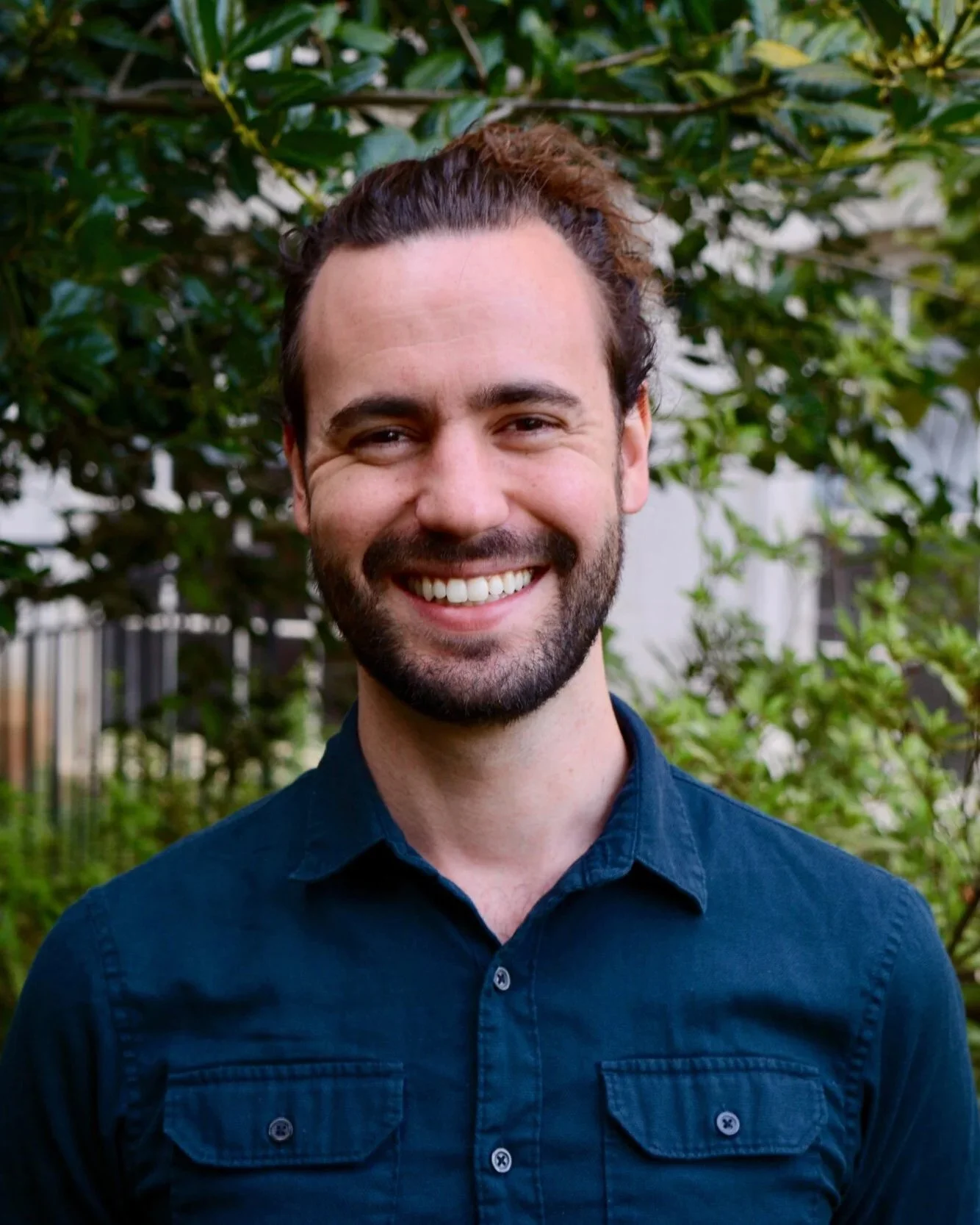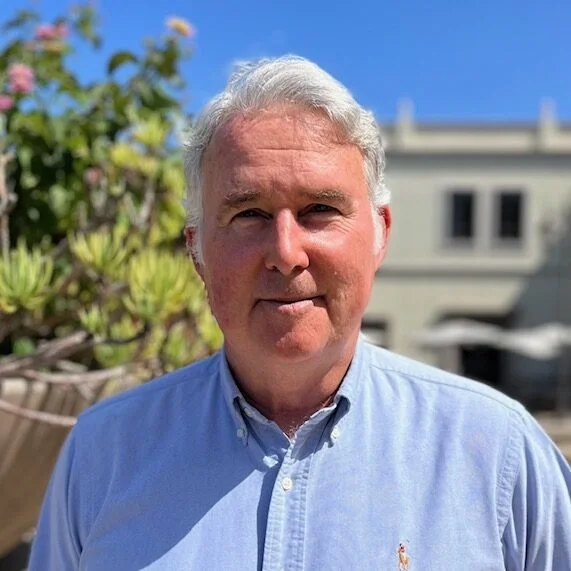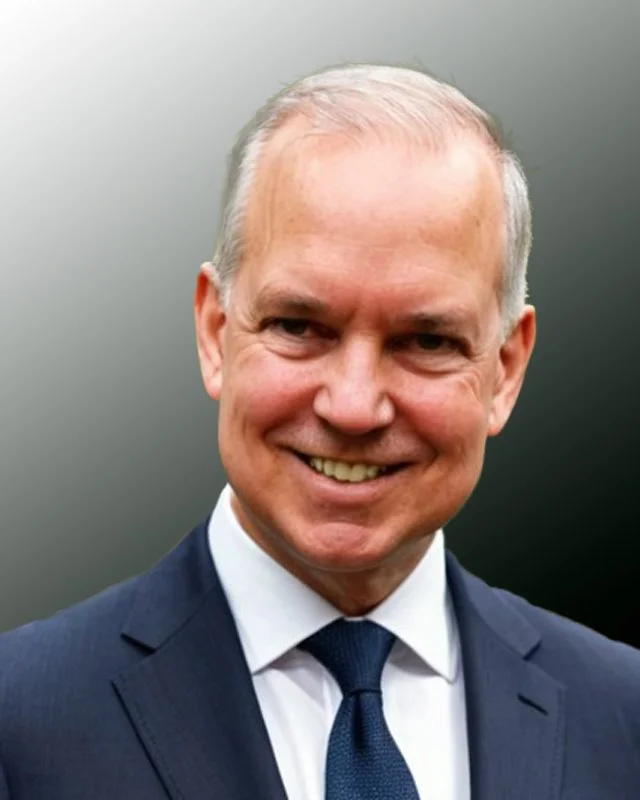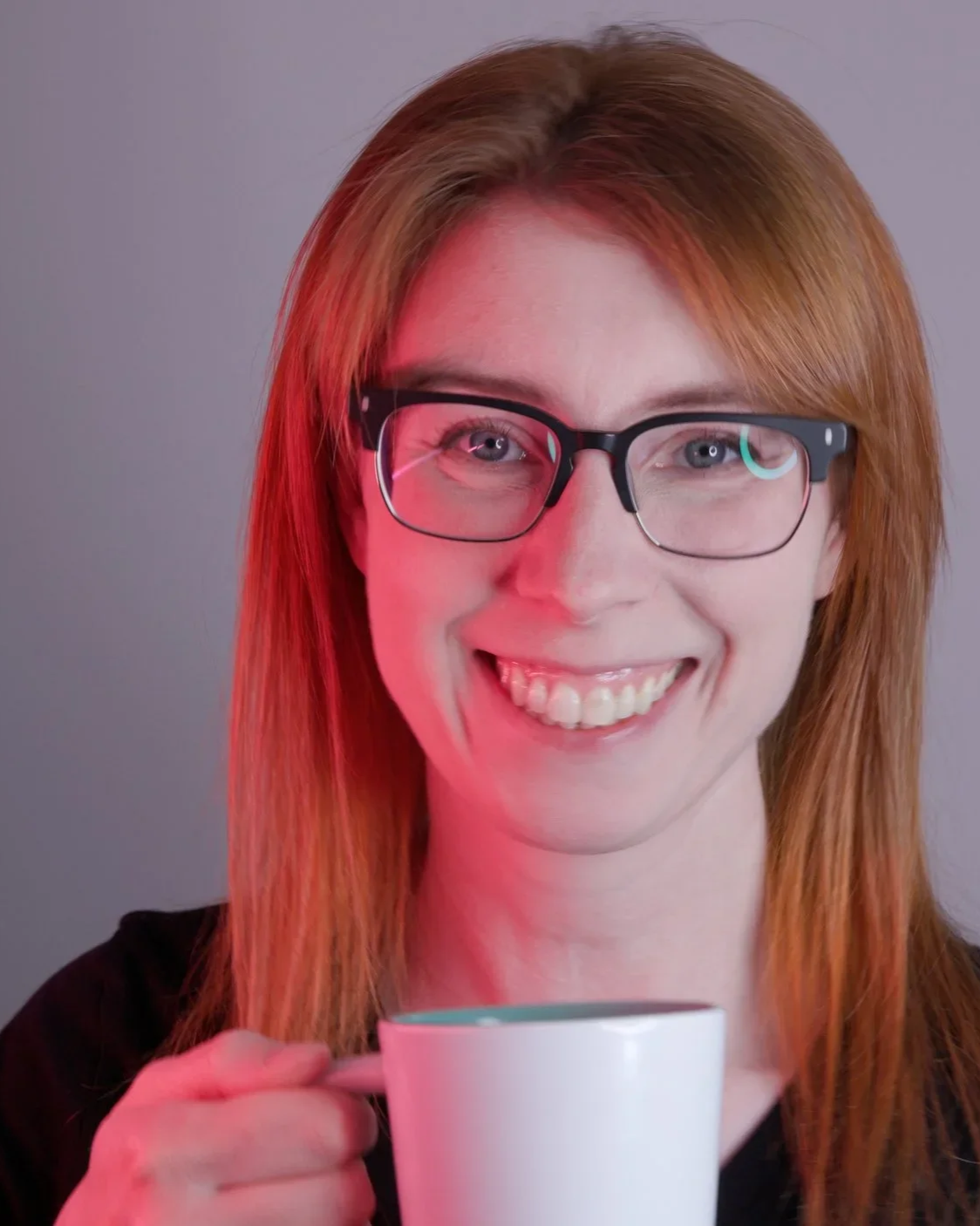Our Presenters
In Alphabetical Order
Dr. Stuart Hameroff
Researcher into the nature of consciousness, the mechanism of anesthesia, and the quantum biology of microtubules.
Professor Emeritus, Departments of Anesthesiology and Psychology Banner-University Medical Center.
Researcher at the Arizona Centre for Astrobiological Studies.
Founder of The Science of Consciousness Conference series, now running 31 years.
Dr. Suzanne Gildert
Justin Riddle is an assistant professor at Florida State University in the Department of Psychology. As the principal investigator of the Riddle Lab, Justin is using simultaneous neuroimaging and brain stimulation to study the neural basis of cognitive control. Cognitive control is impaired in patients with psychiatric illness. A better understanding of the brain activity patterns that implement cognitive control will enable novel therapeutic interventions for psychiatry.
Dr. Thomas Brophy
Thomas G. Brophy, PhD, is a physicist and philosopher who has served as President of the Institute of Noetic Sciences (IONS) since March 2024, and is President Emeritus of the California Institute for Human Science. With a background in planetary science and physics, including work on NASA missions, Brophy's research interests bridge physics, consciousness, and ancient cultures, as evidenced by his books and lectures on topics like integral education and the interconnectedness of mind and matter.
Dr. Justin Riddle
Founder & CEO of Nirvanic Consciousness Technologies, to explore the cutting edge of AI, quantum physics, and the pursuit of machine consciousness. With a background in robotics, AGI, and quantum computing, Dr. Gildert has led breakthroughs at Sanctuary AI, Kindred AI, and D-Wave Systems.
A member of the faculty at University of San Diego since 1989 and is Professor Emeritus of Physics. His research interests include the second law of thermodynamics, retrocausation, nanotechnology, plantary formation, and plasma physics. His scholarly work including exotic plasmas, nonlinear fluid mechanisms for planet formation, sports physics, nanotechnology, chemical catalysts, and the physics of retrocausation (the proposition that the future can influence the past). Over the last two decades he has investigated theoretical and experimental challenges to the second law of thermodynamics. He coauthored the first mainstream scientific treatise on second law challenges and organized the first international conferences on the subject. He is a fan of the philosophers of science Kuhn and especially Feyerabend who believes that, when it comes to scientific discovery, "Anything goes!"





